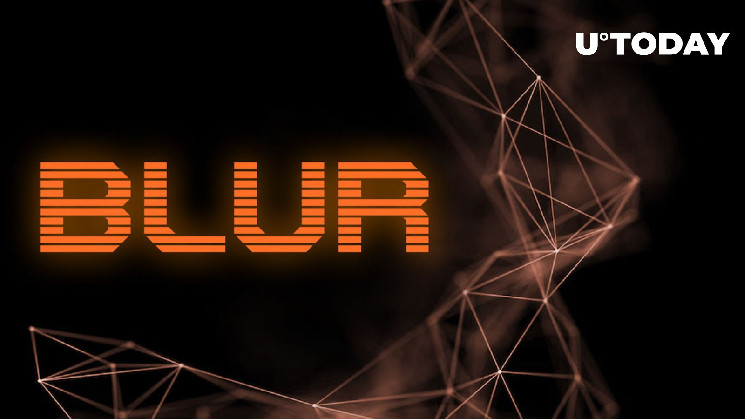Blur (BLUR) token, the native governance token of Blur, a unique non-fungible token (NFT) marketplace and aggregator platform, is potentially facing a significant problem with the Season 2 BLUR airdrops of 300 million tokens in the foreseeable future. The airdrops will double the current circulating supply, which may result in a 50% decrease in the value of the token when it drops.
Blur's NFT platform offers advanced features, such as real-time price feeds, portfolio management and multi-marketplace NFT comparisons, claiming to have faster NFT sweeps and a more intuitive interface than other comparable platforms.
300M+ BLUR will be distributed to the community in Season 2.
— Blur (@blur_io) February 21, 2023
What’s the secret to maximizing rewards? Loyalty.
Users with 100% loyalty have the highest chances of Mythical Care Packages, which are worth 100x Uncommon Care Packages.
Here are 3 ways to maximize your loyalty👇 pic.twitter.com/Cgiemrvpxh
Level 1 users who participated in the airdrops by spending gas and accumulating trade volume may not feel the impact as much as Level 2 users who saw the high trade volume and thought that the project was solid based on this metric. These Level 2 users may have bought the token and eventually dumped it, causing downward pressure on the token's price.
In a previous article, we reported that a prominent Blur supporter, Arthur Hayes, was involved in purchasing selling operations and influencer shilling to promote the platform. However, with the upcoming airdrops, it remains to be seen how the BLUR token will perform on the market.
Investors should be aware that the Season 2 BLUR airdrops, which will double the current circulating supply, may significantly impact the value of the BLUR token. This increase in supply will lead to a higher supply-to-demand ratio, which can put downward pressure on the token's price. As a result, investors may opt for more stable alternatives, leading to lower demand for the token.
 u.today
u.today
